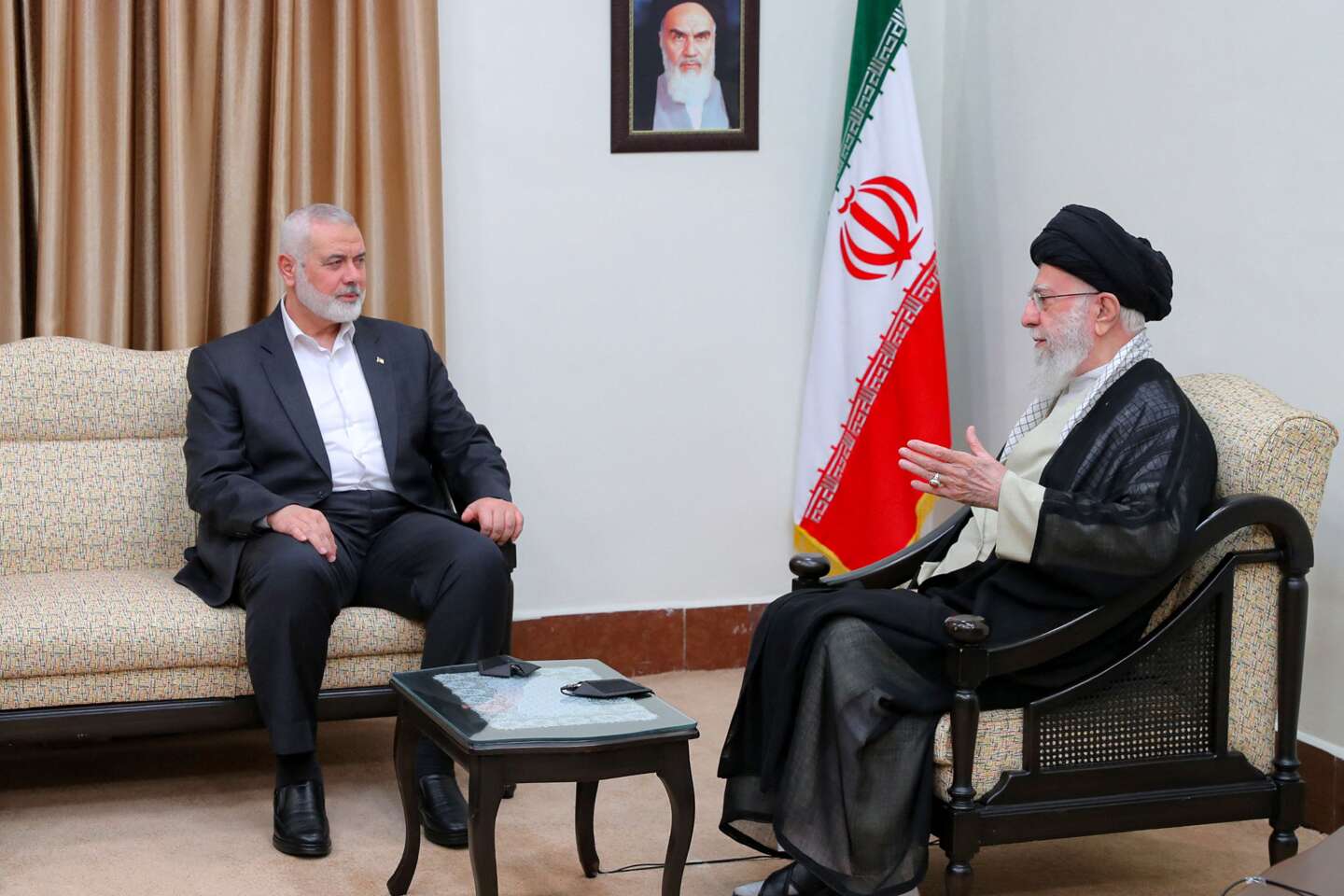Over the course of one night, two high-level killings carried out from a distance in two capitals, Beirut and Tehran, represented a show of force by the Israeli army and risked transforming the situation in the Middle East in an unpredictable way. The first, late on Tuesday, July 30, was carried out by Israeli fighter jets and targeted 62-year-old Fouad Shukur, one of Hezbollah’s most senior military officers, based in Lebanon. Shortly before 8 pm on Tuesday, several strikes hit the top floor of an apartment building in the southern suburbs of Beirut, a Hezbollah stronghold, destroying part of the building. These strikes killed a woman and two children, and wounded at least 74 people in the surrounding area, according to an initial assessment by the Lebanese Ministry of Health. By Wednesday morning, Hezbollah had still not confirmed the death of Shukur. A “vicious and criminal action,” reacted Iranian Foreign Ministry spokesman Nasser Kanaani, whose country is a sponsor of the Lebanese movement. Lebanese Prime Minister Najib Mikati denounced the “blatant Israeli aggression” and “criminal act.”
For its part, the Israeli army claimed to have eliminated the man it presented as the “right-hand man” of Hezbollah leader Hassan Nasrallah, in charge of the precision missile project, and responsible for the attack on the Druze town of Majdal Shams, on the occupied Golan Heights, where a Falaq rocket fired on Saturday at this Druze village caused the death of 12 boys and girls, aged between 10 and 16, on a football pitch. This was the highest number of civilian casualties in the territory annexed by Israel in 1981 since Hezbollah began exchanging fire with Israel on October 8, 2023, in the wake of the Hamas attack on Israel. In a rare move, Hezbollah refused to accept responsibility for the strike, signaling its leaders’ embarrassment at the number of casualties that could escalate into regional conflict. Israeli army spokesman Daniel Hagari said Israel wanted to avoid any “wider conflict” with Hezbollah, but that its forces were ready for “all scenarios.”
The second assassination, which took place late at night, targeted Ismail Haniyeh, the head of Hamas’s Qatar-based political bureau, in Tehran. As of Wednesday morning, this attack had not been claimed by Israel. “[Our] brother, the leader, the mujahid Ismail Haniyeh, the head of the movement, died in a Zionist raid on his residence in Tehran after attending the inauguration of the new Iranian president,” Hamas said in a statement. The Revolutionary Guards, Iran’s ideological army, also announced in a statement that Haniyeh and one of his bodyguards had been killed in an attack on a residence in Tehran.
You have 73.1% of this article left to read. The rest is for subscribers only.

